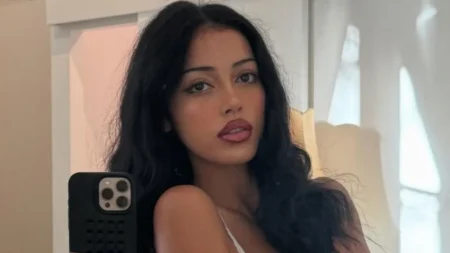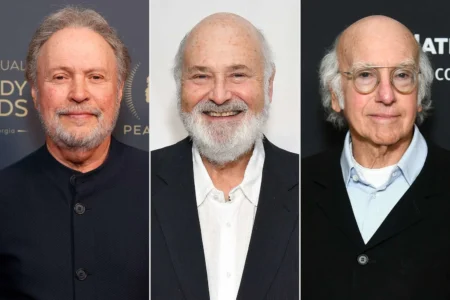The trial of hip-hop mogul Sean Diddy Combs has officially begun in a New York federal court. The rapper, producer, and entrepreneur faces allegations of failing to pay millions of dollars in taxes over several years.
According to prosecutors, Combs is accused of evading more than $10 million in taxes by hiding income and submitting false financial documents. The case centers around his earnings from music, endorsements, and various business ventures.
Combs’ defense team argues that any discrepancies were due to accounting errors and insists that he has always made a good faith effort to comply with tax laws. The defense says Combs is prepared to prove that he paid what he owed.
The trial has attracted significant media attention, given Combs’ status as one of the most influential figures in hip-hop and entertainment. Fans and industry insiders are watching closely to see how the case unfolds.
If convicted, Combs could face substantial fines and potential prison time. The trial is expected to last several weeks, with witnesses from both sides set to testify.
This high-profile tax case highlights the ongoing scrutiny faced by celebrities and wealthy entrepreneurs regarding their financial dealings. It also underscores the importance of transparency and accurate reporting in tax filings.
As the trial progresses, more details will emerge about the nature of the allegations and the evidence presented. Supporters of Combs maintain confidence in his innocence, while prosecutors remain determined to prove their case.
The court proceedings are a reminder that even the biggest names in entertainment are subject to the same laws as everyone else. For now, the spotlight is on Sean Diddy Combs as he faces these serious charges.
Despite the gravity of her testimony, Rashard appeared visibly uncomfortable and nervous on the stand, speaking softly and seeming reluctant at times. The defense, led by attorney Nicole West Morland, sought to undermine Rashard’s credibility, highlighting inconsistencies between her civil lawsuit claims and courtroom statements. Morland emphasized Rashard’s ongoing communications with Diddy as recently as 2021, questioning why Rashard would continue attempting to work with him if she truly felt threatened. The defense also probed into the motivations behind Rashard’s civil suit, suggesting financial gain as a driving factor.
Rashard maintained her account under cross-examination, acknowledging her desire for compensation related to her employment and asserting her aim for justice. However, the defense’s pointed questioning cast doubt on some details, making the proceedings challenging to follow for observers.
As the day concluded, jury reactions remained unreadable, but public interest was evident. A YouTube poll conducted during the broadcast showed a split audience, with 56% saying the trial has changed their view of Diddy, while 43% remained unconvinced.
Legal analysts have commented on the evolving public perception, noting that while Diddy’s reputation as a self-made music mogul has remained intact for years, the ongoing trial may be shifting opinions. They also reflected on the role of financial compensation in civil suits related to traumatic experiences, emphasizing the complexity of seeking justice and restitution.
The trial continues to unfold with new witnesses scheduled, including Carrie Morgan, a former close friend of Ventura Fine, whose testimony may further illuminate the allegations against Diddy.
As courtroom doors remain closed to cameras and recordings, detailed reporting continues to provide crucial insight into the proceedings shaping this landmark case.







